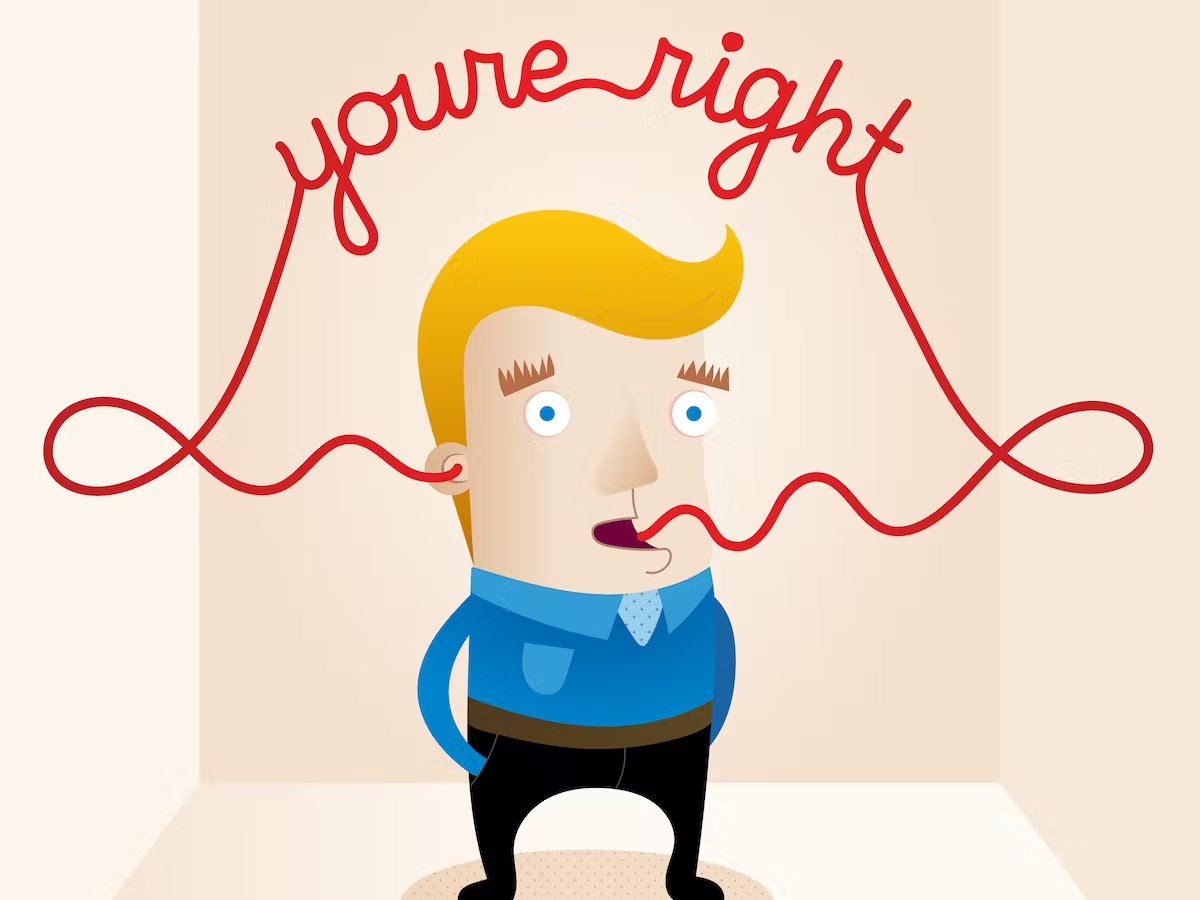Confirmation bias is something that we all have experienced. Even if you don't think you have, you most definitely have. Confirmation bias is the tendency to search for, interpret, favor, and recall information in a way that confirms or supports one's prior beliefs. There are three types of confirmation bias: Biased attention, Biased Interpretation, and Biased Memory. Biased Attention is the tendency to selectively focus on the information that confirms our views while ignoring or discounting information that doesn't. Biased Interpretation is the tendency to consciously interpret information in a way that confirms our beliefs. Lastly, Biased Memory is the tendency to remember select information that supports our views while forgetting information that doesn't.
There are many effects of confirmation bias. While it makes us confident in our beliefs, it can lead to bad decision making. If you are only searching for information that reaffirms your beliefs, you don't get all of the information and so you are largely misinformed; and you can't make good informed decisions if you are misinformed. It can also influence who you associate with. As humans, we tend to associate with people who share our beliefs. When we associate with similar people, our beliefs aren't challenged and we are only hearing information that confirms our beliefs, therefore resulting in an echo chamber effect.
To avoid and overcome confirmation bias, it can help to look at all of the information available and seeking out opposing views. Looking at all information available can help to find neutral sources that just present unbiased facts about a topic. Looking at opposing viewpoints can help you see the other side of your belief. Another way is to keep an open mind, be ready to change your opinion, and to be aware of your biases. When you are aware of your biases, you can search for information in a way that is more neutral.







No comments:
Post a Comment